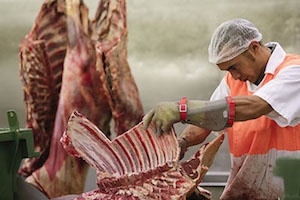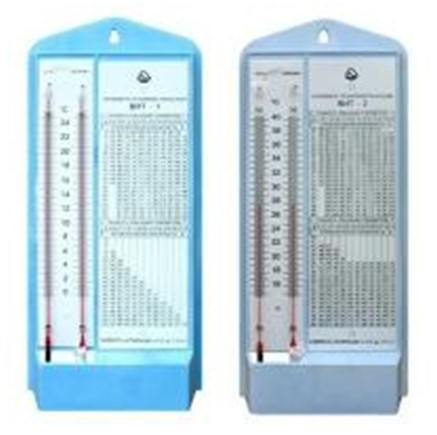A look at the Middle East meat industry
Saudi Arabia: Leadership
Saudi Arabia is emerging as the powerhouse of the Middle East's MEAT industry, with strong domestic production capacity and significant market influence. With a growing population and rising disposable income, the Kingdom's appetite for meat continues to grow.
To meet this demand, Saudi Arabia has invested heavily in modernizing its livestock production and processing facilities, creating a thriving ecosystem of large farms and integrated supply chains. Moreover, strategic partnerships with global players have made Saudi Arabia a key player in the regional and international meat trade.
Iran: A Story of Resilience
Despite economic sanctions and political problems, Iran remains a prominent player in the Middle East's meat industry.
The country's extensive agricultural land and favorable climate provide ideal conditions for raising livestock, especially sheep and goats. Iran's traditional livestock farming methods, combined with government support for domestic production, have allowed the country to maintain a stable supply of meat to meet the needs of its population. Iran's strategic location facilitates trade with neighboring countries, further strengthening its position in the regional meat market.
Türkiye: a bridge between East and West
Situated at the crossroads of Europe and Asia, Turkey occupies a unique position in the Middle East meat industry.
The country boasts a rich culinary heritage, renowned for its delicious kebabs, grilled meats and hearty stews. Turkey's diverse geography and favorable climatic conditions allow the cultivation of a wide range of livestock products, including cattle , sheep and poultry.
Turkey's strategic investments in agricultural research and technology have increased the productivity and efficiency of the entire meat supply chain. Turkey, with its increasing focus on exports and international cooperation, continues to play a key role in shaping the future of the Middle East meat industry.
Egypt: overcoming difficulties, seizing opportunities
Egypt's meat industry reflects the country's dynamic socio-economic landscape, characterized by rapid urbanization, population growth and limited resources. Although Egypt faces challenges such as water scarcity and land degradation, the country remains an important player in the regional meat market.
Egypt's strategic investments in irrigation infrastructure and livestock programs have helped increase productivity and ensure food security. Additionally, Egypt's strategic location on key trade routes facilitates its participation in the global meat trade, further increasing its importance in the Middle East meat industry.
In conclusion, the Middle East meat industry is driven by many key players, each of whom contributes in their own way to its growth and sustainability.
From Saudi Arabia's ambitious modernization efforts to Iran's strong commitment to domestic production, these players are shaping the industry's landscape and influencing its development trajectory.
As the region continues to evolve, collaboration and innovation will be essential to addressing challenges and opening new opportunities for sustainable growth and development of the Middle East meat industry.




























































